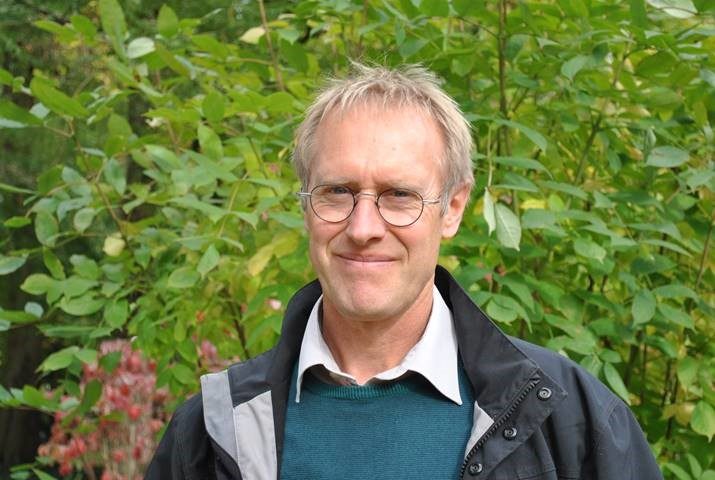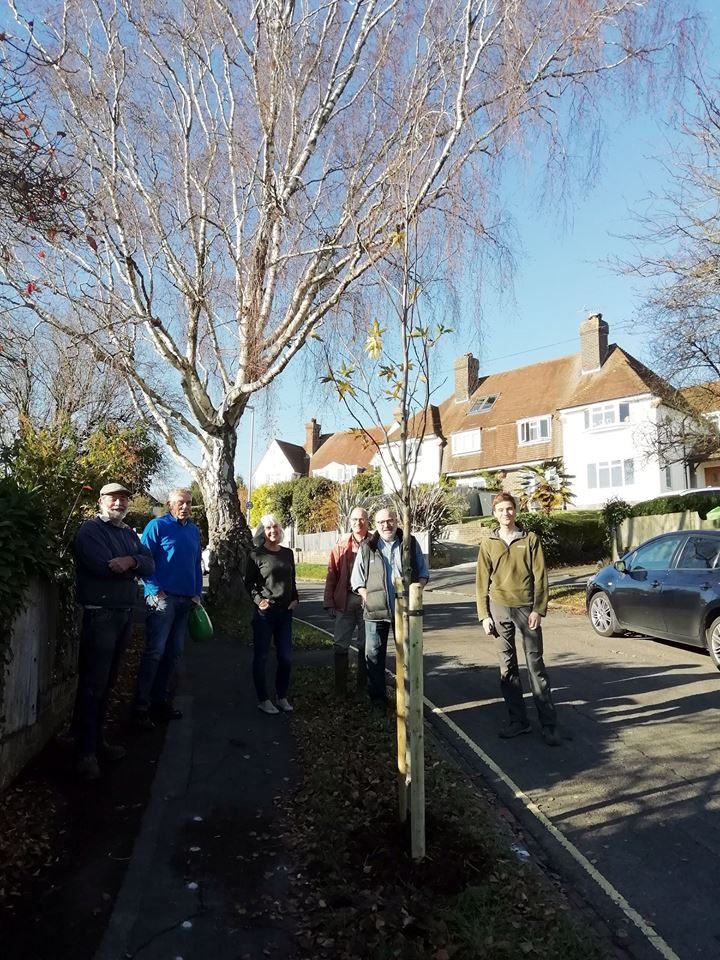There will be a series of talks on trees in the landscape, past, present and future. Presented by a number of different expert speakers.
After the talks a tour around the great park will take place at approximately 3.30pm. This tour is optional.
Please note: Tea and coffee will be provided but we are unable to supply lunches, so please bring a packed lunch.
Posted by Natasha Hutchison
In the Netherlands treecare is professionalized in the past 20 to 25 years. Before this time arborists used a self-proclaimed title like ‘treesurgeon’. Since the first Visual Tree Asseccors, and the European Tree Workers were introduced and later the European Tree Technician, clients were able to demand these certifications
to improve quality of work.
Generally this was a boost to the industry as companies couldn’t get work anymore if they had no certified employees. As a result of this movement and still even some bad work, clients realised that there is a need for standards, procedures and protocols. Typically these standards are products by commercial companies
who have their effort in the licenses they sell to clients.
Also the schooling system was renewed by the new certificates and ideas about treecare and -consultancy. The result of these certificates is that the base-level of the industry and her employees had grown rapidly. Or is it now just more of the same, because of the certificates?
This seminar will be held by 3 leading specialist in the Dutch treecare industry. They all have a specialisation in this industry and a low threshold way to transfer benefits and opportunities to the audience.
The topics they will talk about:
Systematic process management
Contracting methods and standards
Municipality organizations and integral work
Appraisals
Management structure trees
Tree related certifications and education
Systematic pruning models
Actual municipality pest & diseases
Dutch research in arboriculture
As the experience of the speakers is wide spread they are enthusiast to be challenged by your questions to give a unique insight in the Dutch situation.
Posted by Natasha Hutchison
· Basic Principals & Common Mistakes
· Drainage considerations and options
· The use of geotextiles
· Urban Tree Soils – which one?
· The Topsoil Industry – is it really topsoil?
Posted by Natasha Hutchison
1. Evaluation of pest and disease management systems for ash die-back, oak processionary moth, acute oak decline and honey fungus.
2. Evaluation of soil decompaction techniques (air-spading, vogt, vertical mulching) to improve health and vitality of declining trees.
3. Influence of soil amendments on enhancing transplant survival of trees.
4. Correct planting techniques and weed control measures.
5. Techniques to measure tree health (chlorophyll fluorescence, electrolyte leakage, starch analysis) and their applicability for tree managers
Posted by Natasha Hutchison
We live in truly volatile and insecure times, defined by for example, enhanced climate and other environmental change, and major political and governance changes across the globe. Conditions are not always optimal for long-term and sustainable urban forestry. This presentation looks at how urban forestry in different cities and countries perform under increasing pressures. It draws lessons from situations where it faced major challenges, ranging from drastic cutting of government support in Ontario, Canada, to the increases in pests and diseases facing large parts of the urban forest. It also identifies cases where opportunities have emerged, such as the launching of China’s national Forest City program and the global trend of cities implementing so-called ‘nature-based solutions’. Specific focus will be on how the individual urban forester is impacted by this climate of change and how they are able to be successful.
Posted by Natasha Hutchison
When, during the Silurian Age, the colonization of the lands began, the water-plants had to accomplish new evolutionary strategies to satisfy essential requirements as the uptake of water and nutrients from the ground.
Such a complex adaptation was possible by the help of a mutual plant-fungus symbiosis located at the feeding root apexes.
In Ectomycorrhizae the fungal mycelium densely covers the root apex increasing the soil exploration in a kind of root system prolongation made of fungus. Furthermore, the fungal component exhibits an important antagonistic behavior towards other soil-borne fungi, protecting the root tips from many diseases caused by fungal parasites (i.e. Fusarium, Pythium, Phytophthora).
The workshop will focus on the biology and the behavior of such fascinating symbiosis, with in depths on the identification of mycorrhizae in root samples directly collected at the Barcham Nurseries.
Posted by Natasha Hutchison
Kamil will make a presentation on the public involvementin tree management and also what citizens can do to
influence policy changes. These will include both the Bialowieza Forest case and also the protection of trees
outside of the forest.
In recent years they went through some major changes in the legislative system and therefore some part of the
presentation will include the Roads for Nature programme; its aim was to raise awareness and influence best
management practices of tree avenues (tree-lined roads).
Johns presentation will explore the idea of trees as a tool of social control. It is now well-established that trees
deliver a wide range of environmental, social and economic benefits to people, and that social conditions can be improved in a given area through the retention of existing trees and planting of new ones. However, throughout history the opposite has also been shown to be true; that through the removal of canopy cover or the failure to plant trees, social conditions can be made worse.
Location: Barcham Trees Plc, Eye Hill Drove,Ely, Cambridgeshire, CB7 5XF
Time: 09.30am-04.30pm
Posted by Natasha Hutchison



